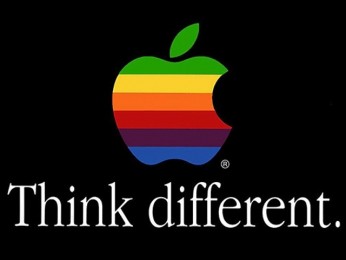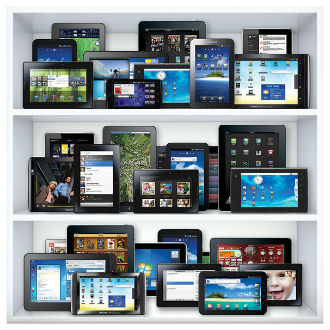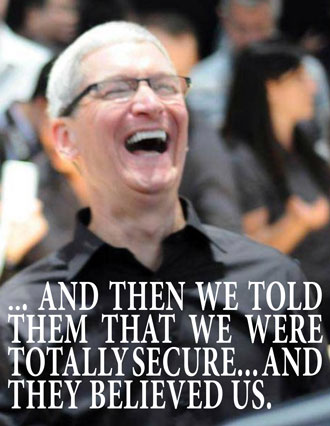 Fingerprint sensing technology has been with us for some time. But it seems that smartphone and tablet giants Samsung and Apple want to promote it a little bit more.
Fingerprint sensing technology has been with us for some time. But it seems that smartphone and tablet giants Samsung and Apple want to promote it a little bit more.
Research outfit IHS said the fingerprint sensor market will grow to be worth $1.7 billion by 2020.
The number of handsets and tablets using fingerprint sensors will total 1.4 billion units – four times the number of the 317 million units that will ship by the end of this year.
While Apple has been at the forefront of fingerprint sensing to date, other vendors are going to pick up the baton, said IHS. Samsung hasn’t yet got to the starting gate but is expectedto do so as soon as it finds a smaller rectangular sensor.
But while fingerprint sensors will have their vogue, swipe sensors will continue to exist, particularly in lower end smartphones.
One important element that will push adoption of fingerprint sensors are financial companies – companies like Mastercard, Visa and Paypal think they will be ideal for mobile payments.
Fingerprint sensing was first pioneered by Japanese banks but saw the sunset when there were several incidents of gangsters chopping off the fingers of victims to access accounts at ATMs.



















